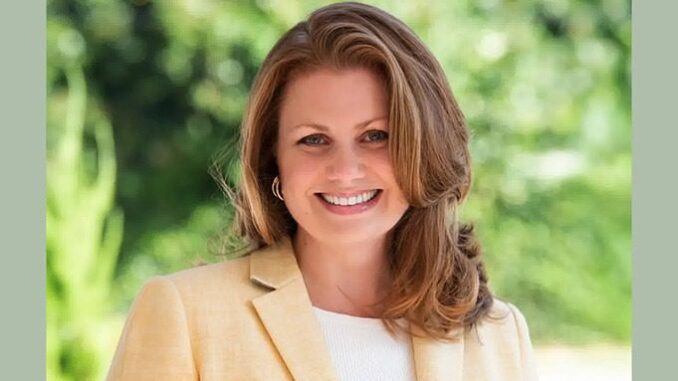
RALEIGH — A bill updating the way Wake County Commissioners are elected has received final approval from both chambers of the General Assembly and is now law.
“Victory!! This afternoon my bill HB 99 which shifts the current 7 Wake Board of Commissioner districts to electoral districts and aligns Wake County with other large counties in the state passed the NC Senate. This was the last step before the bill is law,” tweeted Rep. Erin Paré (R-Wake), the author of the bill.
“This bill rights a major wrong that has gone on for too long in Wake, and finally establishes fair representation on the county board no matter where you live in the county. This bill gives the more rural and suburban areas a voice,” Paré tweeted. “I am proud of the work that went into this bill, and I am proud that at the end of the day we were able to do the right thing for the people.”
The bill passed the House in March by a unanimous vote of 117-0 and was approved by the Senate on June 6.
House Bill 99 was first filed on Feb. 13 and will create voting districts for each of the Wake County commissioners. Currently, the seven commissioners are all Democrats and are elected countywide.
Two at-large seats that will be elected countywide will be added, bringing the county’s board of commissioners’ total seats to nine.
The district lines for the seven seats put into place in 2021 will remain unchanged.
The changes will take effect in 2024. Since the measure is a local bill it is not subject to a veto by Gov. Roy Cooper.
In a past press release, Paré said her original June 2022 legislative proposal to alter the board’s election process along with the new compromise version of House Bill 99 brings Wake County’s election process in line with that of Mecklenburg, Guilford, Forsyth and Cumberland counties.
“Wake County is home to 1.2 million residents and is larger in population than eight states. We all know that elected officials are accountable to the people that elect them to office,” said Paré. “When 55% of the electorate resides in Raleigh and Cary, the more rural communities in Wake do not have the accountability they deserve in their elected officials, and that’s wrong.”



